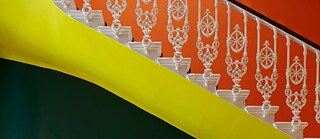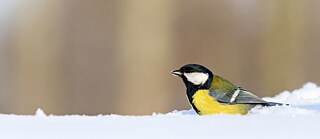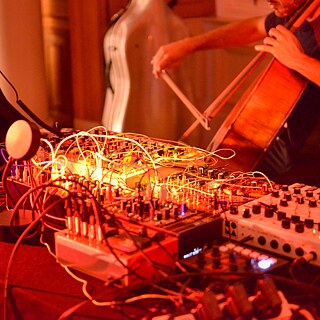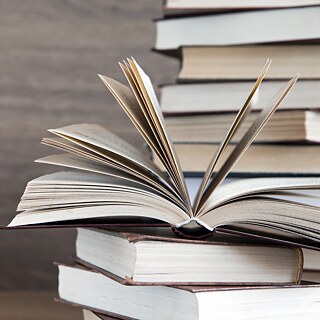Learn German
Experienced teaching ensures your success

Learn German from the market leader. We offer German language courses and exams in over 90 countries.
Visit us
Our branches in the UK
The Goethe-Institut has branches in London and in Glasgow: the Goethe-Institut London opened in South Kensington in 1962 and the Goethe-Institut Glasgow was founded in 1973.
Glasgow










